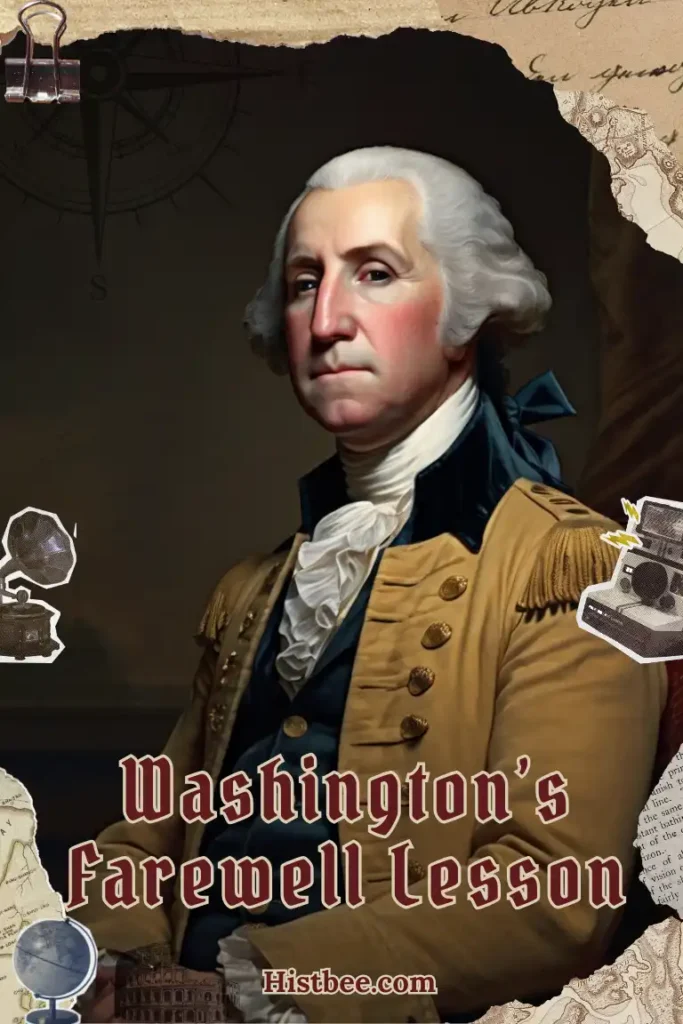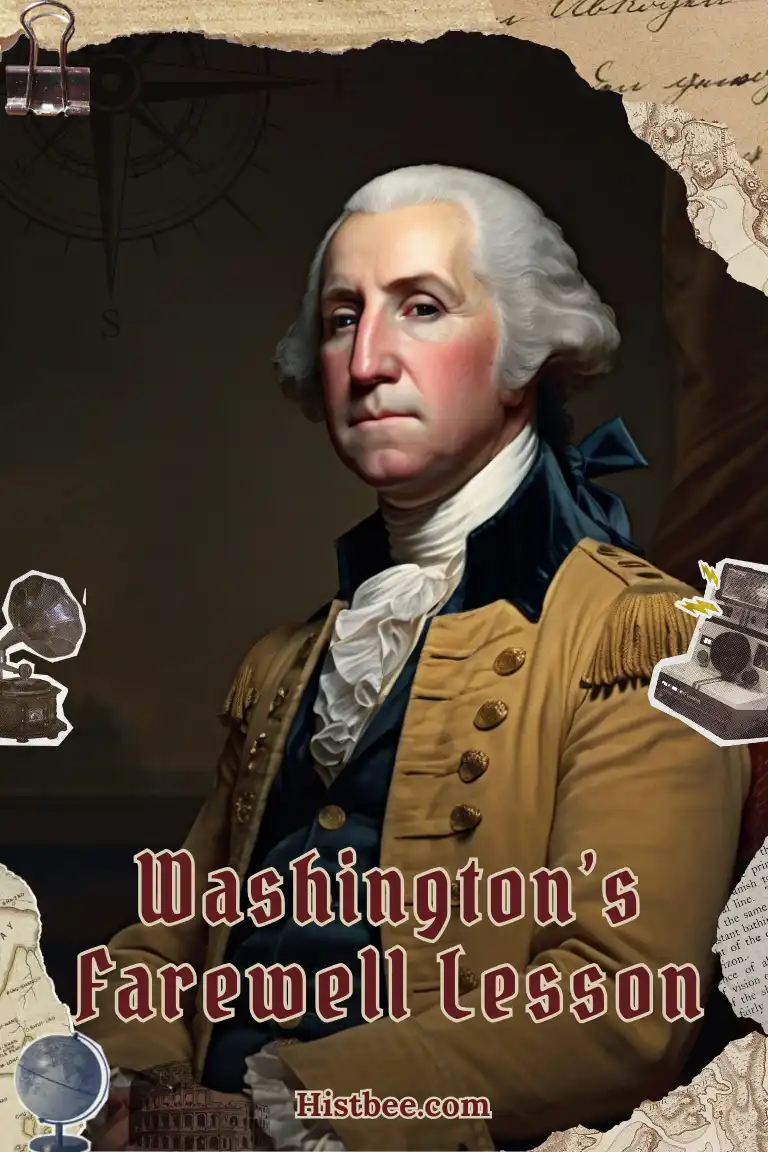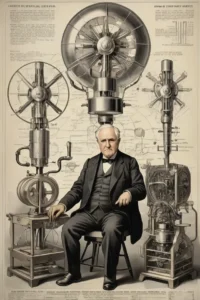In the annals of American history, few documents carry the weight and wisdom of George Washington’s Farewell Address. Delivered in 1796 as he prepared to step down from the presidency, this address was not just a farewell but a profound lesson in leadership, unity, and the responsibilities of a fledgling democracy. Over two centuries later, its messages remain strikingly relevant, offering guidance to both leaders and citizens navigating the complexities of governance and national identity.
The Context of the Farewell Address
George Washington, the first President of the United States, had served two terms in office. His leadership was instrumental in shaping the foundations of the nation, but by 1796, he made the deliberate decision to step aside, setting a precedent for a peaceful transfer of power. Washington’s decision was both practical and symbolic—he believed that no single individual should hold power indefinitely in a republic.
Rather than delivering his farewell speech orally, Washington chose to publish it in a Philadelphia newspaper. This allowed his words to reach a broader audience and ensured that his message would be preserved for posterity. Co-written with Alexander Hamilton, the address encapsulated Washington’s reflections on his presidency and his hopes for the nation’s future.
Key Themes of the Farewell Address
Washington’s Farewell Address is a treasure trove of wisdom, touching on themes that are as relevant today as they were in the 18th century. Below are some of its most enduring lessons:
1. The Importance of National Unity
One of Washington’s core messages was the necessity of national unity. He warned against the dangers of sectionalism—divisions based on geography, political ideology, or economic interests. “The name of American,” he wrote, “must always exalt the just pride of patriotism more than any appellation derived from local discriminations.”
Washington believed that unity was essential for the survival and prosperity of the young nation. He urged Americans to see themselves as one people with shared values and goals, rather than as members of competing factions.
2. The Perils of Political Parties
A visionary leader, Washington foresaw the divisive potential of political parties. He cautioned that partisan politics could lead to “the alternate domination” of one faction over another, breeding resentment and weakening the government’s ability to serve the common good.
While political parties have become an integral part of modern democracies, Washington’s warnings about their excesses—polarization, gridlock, and prioritizing party loyalty over national interest—remain strikingly prescient.
3. Avoiding Foreign Entanglements
In an era when European powers frequently engaged in wars and alliances, Washington advised against becoming entangled in foreign conflicts. He advocated for neutrality and warned against forming permanent alliances, emphasizing that America’s focus should be on its own development and security.
This principle, often summarized as “avoiding entangling alliances,” shaped U.S. foreign policy for much of the 19th century. While global dynamics have since evolved, Washington’s emphasis on prudence and independence in international relations continues to resonate.
4. The Value of Education and Morality
Washington believed that education and morality were cornerstones of a successful republic. He argued that an informed citizenry was essential for self-governance and that public virtue was necessary to maintain liberty. “Of all the dispositions and habits which lead to political prosperity,” he wrote, “religion and morality are indispensable supports.”
Though his views on religion were inclusive rather than dogmatic, Washington understood that ethical principles were vital for fostering trust and accountability in government.
5. Fiscal Responsibility
Another significant theme in the Farewell Address was the importance of fiscal responsibility. Washington urged future leaders to avoid unnecessary debt and to ensure that government spending was sustainable. His call for prudence in financial matters remains a cornerstone of sound governance.

Legacy and Impact
Washington’s Farewell Address has left an indelible mark on American political culture. It is read annually in the U.S. Senate as a reminder of his enduring wisdom and vision. Over time, historians, politicians, and citizens alike have revisited his words during moments of national crisis or reflection.
While some aspects of his advice—such as avoiding political parties—may seem impractical in today’s context, his overarching principles continue to inspire. His emphasis on unity, civic responsibility, and ethical leadership serves as a timeless guide for navigating the challenges of democracy.
FAQs
Q: Why did George Washington decide not to seek a third term as president?
A: Washington believed in setting a precedent for a peaceful transfer of power and avoiding any perception of monarchy or lifelong rule. By stepping down after two terms, he established an important tradition for future presidents.
Q: Who helped George Washington write his Farewell Address?
A: The address was primarily written by George Washington with significant contributions from Alexander Hamilton, who helped refine its language and structure.
Q: Why is George Washington’s Farewell Address still relevant today?
A: The address touches on timeless themes such as national unity, the dangers of partisanship, fiscal responsibility, and ethical leadership. These issues continue to be central to modern governance.
Q: What did Washington mean by avoiding “entangling alliances”?
A: Washington advised against forming permanent alliances with foreign nations, arguing that such commitments could drag the United States into unnecessary conflicts and compromise its independence.
Q: How is Washington’s Farewell Address honored today?
A: The U.S. Senate reads the Farewell Address annually as a tribute to Washington’s wisdom and as a reminder of his contributions to the nation.
Conclusion
George Washington’s Farewell Address is more than a historical artifact—it is a living document that speaks to the challenges and responsibilities of leadership and citizenship. As America continues to evolve, Washington’s final lesson remains a powerful reminder of the values that unite us and the principles that sustain our democracy. His words challenge us to rise above division, embrace civic virtue, and work together toward a brighter future for all.





